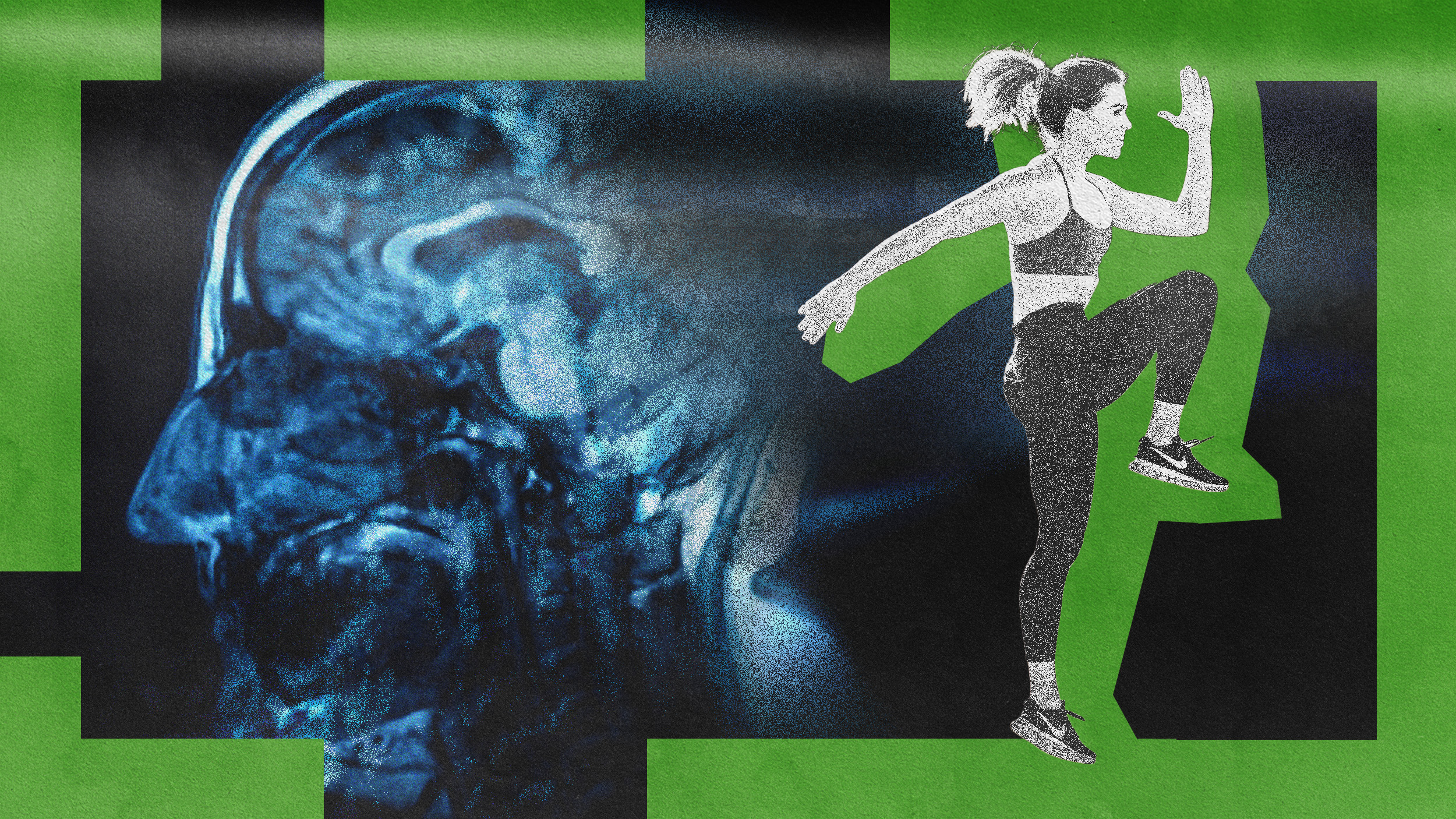What Women Can Do to Keep Their Brains Strong Through Old Age

Grandma should add pumping iron to her exercise routine. Researchers have found weight training may prevent some aspects of brain aging in older women.
As our brains age, they begin to decline. However, at what point this decline begins varies heavily on the person’s biological age, which can change based on how we preserve our bodies through diet and exercise.
Dr. Patricia Bloom explains that one of the most effective ways of preserving your brain function as you get older is to stay healthy.
This latest study was headed up by Teresa Liu-Ambrose, a professor of physical therapy and director of the Aging, Mobility, and Cognitive Neuroscience Laboratory at the University of British Columbia in Vancouver. Liu-Ambrose and her team wanted to see if women who had already shown progression of white matter lesions in their brains could slow the process with some resistance training. White matter lesions, once they grow and multiply in the brain, can cause memory and thinking skills to decline. However, Liu-Ambrose sought to find out if she could strengthen the white matter, like a muscle.
So, the researchers split 54 female participants, aged 65 to 75, into one of three groups. One group would go to a once-a-week strength-building session; the other went to twice-a-week weight-training sessions; and the third went to a twice-a-week stretching and balance training sessions. The women were instructed to carry out this training for an entire year.
After a year passed, the participants’ brains were scanned again to compare with previous MRI images of their brains.
The researchers found the number and size of the brain lesions had grown and increased in every group. But those who engaged in the twice-weekly weight-training sessions showed significantly less growth than the other two groups. The researchers also noted this group had a quicker and smoother pace when they walked.
Most importantly, it shows that “a minimum threshold of exercise needs to be achieved,” Dr. Liu-Ambrose said to The New York Times. So, women won’t be able to get by on visiting the gym once a week.
The only downside of this study is the researchers were unable to get behind what caused the lesions to slow their growth and whether there was any difference in cognition among the groups. The researchers only observed the physical changes that took place based on the exercises.
Still, the implications of this study say one thing: Exercise has the ability to shift your health in a major way.
Dan Buettner has traveled the world, and he noticed a trend in the diets of people that keep going past 100.
***
Natalie has been writing professionally for about 6 years. After graduating from Ithaca College with a degree in Feature Writing, she snagged a job at PCMag.com where she had the opportunity to review all the latest consumer gadgets. Since then she has become a writer for hire, freelancing for various websites. In her spare time, you may find her riding her motorcycle, reading YA novels, hiking, or playing video games. Follow her on Twitter: @nat_schumaker
Photo Credit: Shutterstock





